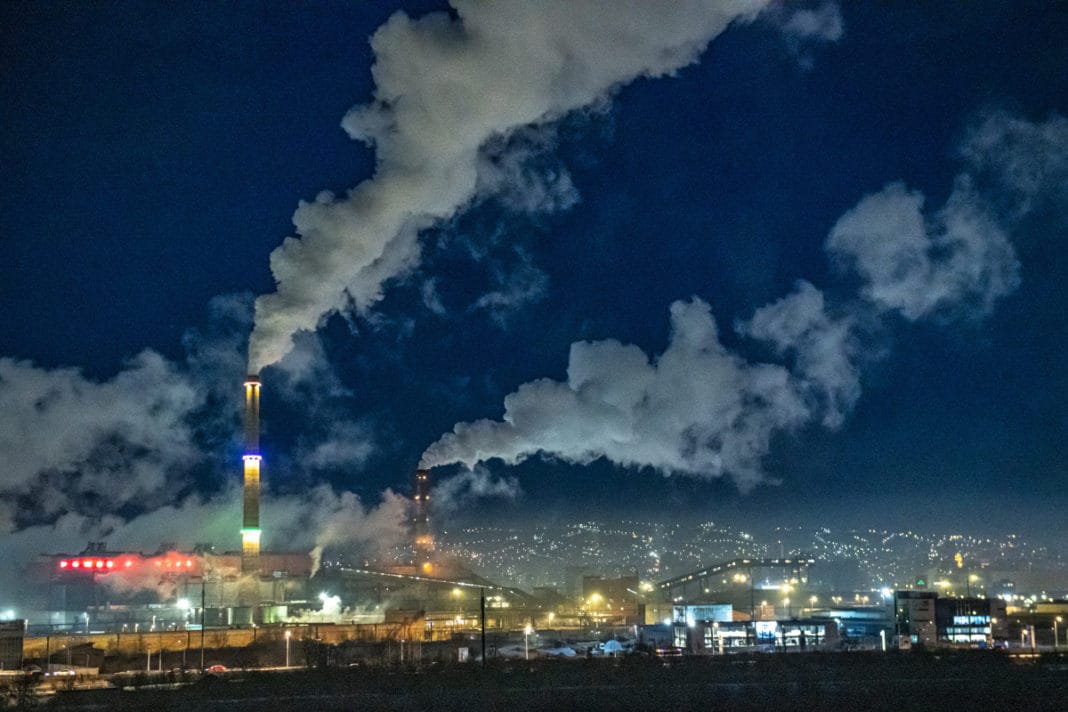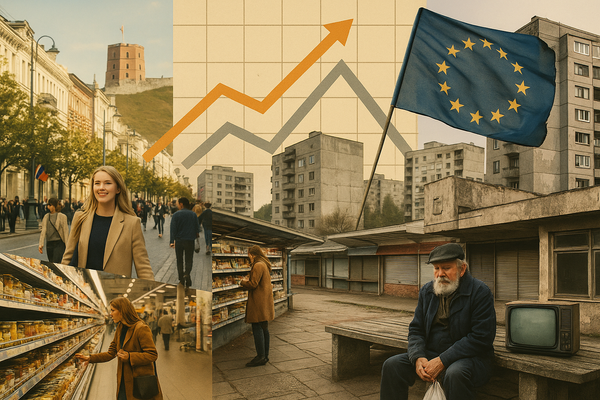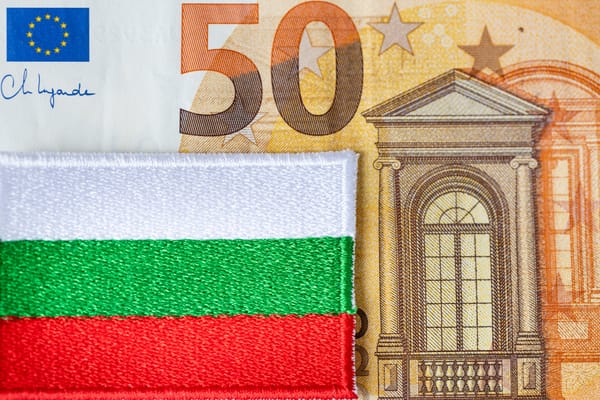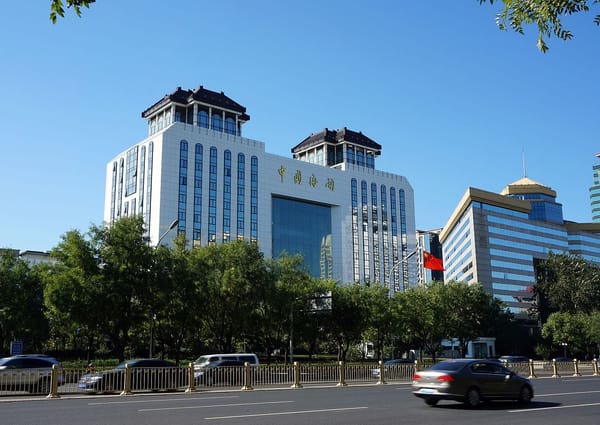
Bulgaria wavers on pivot back to Russian energy
Bulgaria has resumed discussions with Russian state energy company Gazprom regarding the country’s natural gas supplies, interim Energy Minister Rossen Hristov announced at a press conference late last week.
Hristov, who is serving in Prime Minister’s Galab Donev’s caretaker government ahead of an election in the Balkan country on 2 October, said “I have always maintained that it is one of the options: dealings with Gazprom will be resumed if necessary.”
Speaking after a Bulgarian energy crisis task force meeting attended by trade unions and sectoral and employer organisations, Hristov told state new agency BTA that “I have never said that Gazprom is not on the list of companies with which we want to negotiate.”
However according to comments published on the Bulgarian government official site on Sunday, the interim government will not hold talks on a new supply contract with Gazprom, as agreed in a conversation with the European Commission (EC).
In a video call with EC Director-General for Energy4Europe, Ditte Juul Jorgensen, Hristov, and Bulgarian Deputy Prime Minister for Economy Hristo Alexiev agreed that “such an action should not to be undertaken by a caretaker government. Only a regular cabinet and parliament can decide to make such a new, future commitment”.
Bulgaria also confirmed its interest in participating in mechanisms for the joint purchase of energy within the framework of the EU Energy Platform.
Previous ruling coalition refused to meet Gazprom demands
A Bulgarian pivot back to Russian energy would represent a major realignment from the previous six-month administration of former prime minister Kiril Petkov, which had sought to diversify energy supplies away from Moscow, and then refused to pay Gazprom in rubles, in line with EU sanctions against Russia. After the standoff, at the end of April, the Kremlin-run energy giant ceased gas deliveries to Bulgaria.
Before being toppled, the Petkov administration had negotiated a delivery deal of seven LNG tanker shipments with the US company Chenerie to be confirmed by 19 August ahead of a first shipment in October. Petkov also expelled 70 Russian diplomats for spying in June.
On becoming interim energy minister, Hristov requested an extra two weeks to secure slots at the Revithoussa LNG terminal in Greece, and ultimately agreed to only take one of the shipments. Hristov justified his position by saying Bulgaria had “managed to secure only one shipload last week, and businesses were adamant earlier today that the price levels are unacceptable.”
Bulgaria’s existing contract with Gazprom runs until the end of the year, and it seems that the interim government is keen to rebuild bridges with the Kremlin while it can, unworried by EU sanction stipulations.
Russia’s ambassador to Sofia, Eleonora Mitrofanova, has meanwhile confirmed that Gazprom shipments to Bulgaria could swiftly recommence, if the country agrees to pay in rubles. Gazprom delivers gas to Bulgaria along the southern TurkStream pipeline, via Turkey and the Black Sea.
New inter-connector with Greece could solve energy issues
Hristov has also invited Greece’s Environment and Energy Minister Kostas Skrekas to Bulgaria to assess the progress of the Greek-Bulgarian gas inter-connector project, which was built to diversify imports by allowing deliveries from Azerbaijan or LNG shipments. The infrastructure, which Petkov prioritised during his term in office, theoretically has the capacity to meet all of Bulgaria’s gas requirements.
While Petkov’s administration claimed the project was nearly finished, the successor government of Donev says it is not even close to being ready, citing administrative and technical difficulties. Petkov has accused the caretaker government of intentionally delaying the inter-connector project.
Azerbaijan has also indicated that it could up natural gas supplies to Bulgaria by up to 50%, the state news agency reported Hristov as saying. The Petkov government made negotiations with Gazprom “almost impossible”, Hristov added.
However, according to the Sunday statement, the EC and Bulgaria has agreed to undertake joint actions with international partners in order to support the diversification of supplies to Bulgaria through pipelines and liquefied natural gas (LNG) terminals, including those passing through Greece and Turkey. Bulgaria additionally said it will hold an international tender for long-term supplies of liquefied natural gas.
Alexiev has also informed the EC about completion of the inter-connector connection and its commissioning by 1 October, the day before the national election, according to the official Bulgarian government website.
This article was updated to include Bulgarian government statements on its discussions with the European Commission at 9:40 on Monday 29, August.





